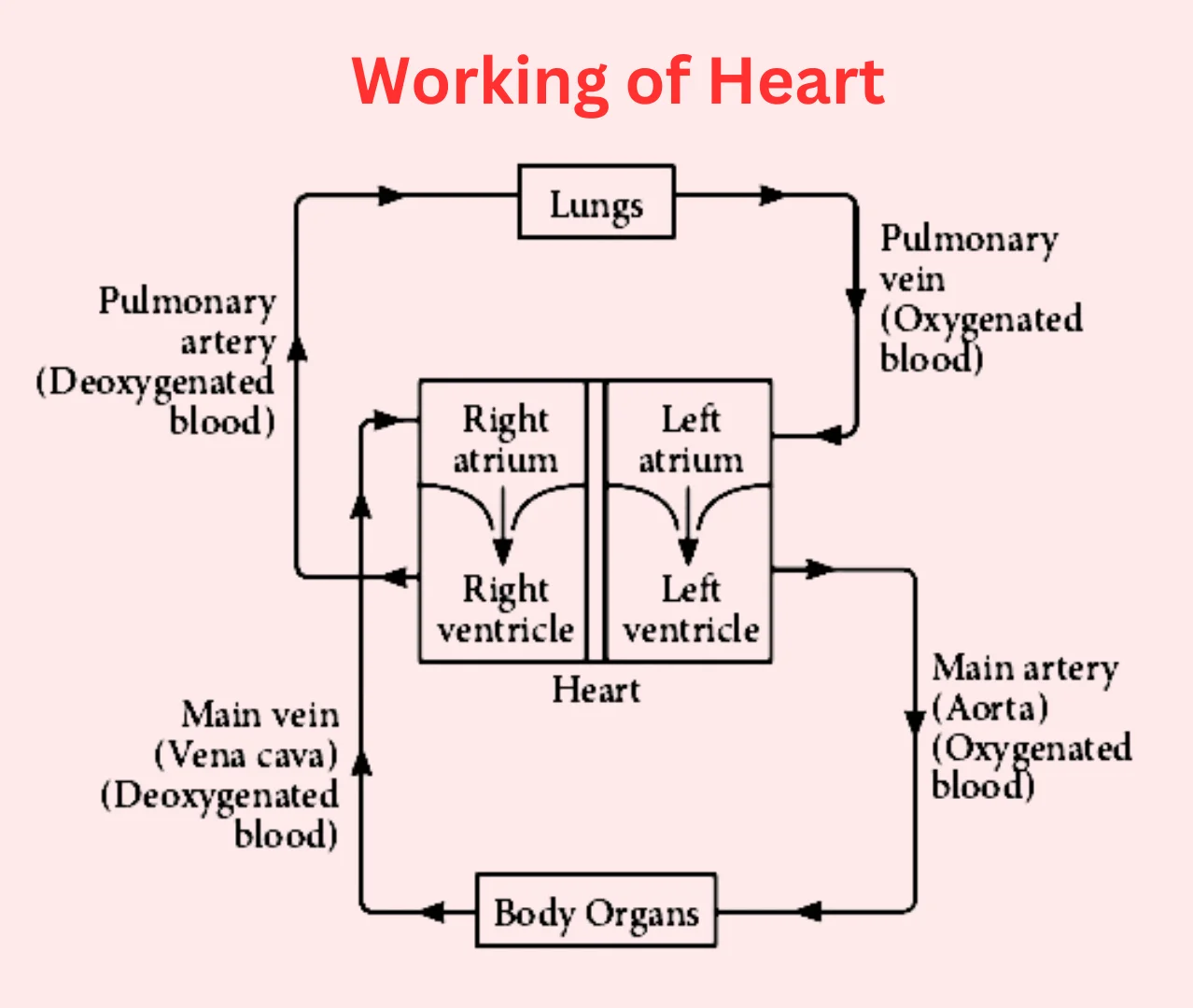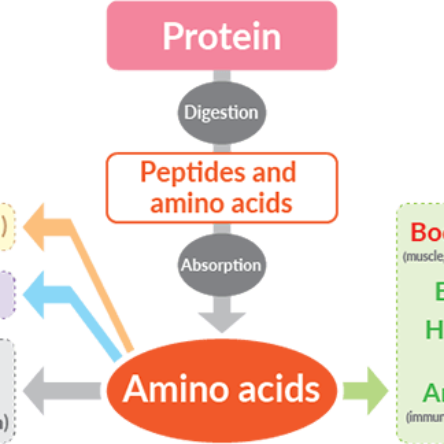You are given a puzzle box that can be opened only by pressing exactly 3 buttons in a sequence. The buttons are labeled A, B, C, D, and E. If each button can be pressed only once, how many different ...Read more
The process of digestion in humans is a complex series of steps that break down food into nutrients, which the body uses for energy, growth, and cell repair. Here's a detailed overview of the digestion process: 1. Ingestion Mouth: Digestion begins in the mouth, where food is chewed and mixed with saRead more
The process of digestion in humans is a complex series of steps that break down food into nutrients, which the body uses for energy, growth, and cell repair. Here’s a detailed overview of the digestion process:
1. Ingestion
Mouth: Digestion begins in the mouth, where food is chewed and mixed with saliva. Saliva contains enzymes like amylase that start breaking down carbohydrates into simpler sugars.
2. Propulsion
Swallowing: The tongue helps push the chewed food, now called bolus, into the pharynx, and then it moves down the esophagus through peristalsis (wave-like muscle contractions).
3. Mechanical Digestion
Stomach: The stomach churns the food, mixing it with gastric juices. These juices contain hydrochloric acid and pepsin, which break down proteins into smaller peptides.
4. Chemical Digestion
Small Intestine: Most chemical digestion occurs in the small intestine. Enzymes from the pancreas and bile from the liver aid in breaking down proteins, carbohydrates, and fats. The pancreas secretes enzymes like trypsin, lipase, and amylase, while bile emulsifies fats.
5. Absorption
Small Intestine: The digested nutrients are absorbed through the walls of the small intestine into the bloodstream. The small intestine has villi and microvilli, which increase the surface area for absorption.
Large Intestine: Water and electrolytes are absorbed here, and the remaining waste becomes more solid to form feces.
6. Defecation
Rectum and Anus: The undigested food and waste products are moved to the rectum and expelled from the body through the anus in the form of feces.
Summary
The mouth initiates digestion with mechanical chewing and enzymatic action.
The stomach further breaks down food with acids and enzymes.
The small intestine is the primary site for nutrient absorption.
The large intestine absorbs water and forms waste.
The process concludes with defecation, eliminating waste from the body.
This system ensures that the body efficiently extracts and utilizes nutrients from food, while also removing waste products.
See less









The sequence are ABC BCD CDE EAB EDC CBA BAE
The sequence are
See lessABC
BCD
CDE
EAB
EDC
CBA
BAE